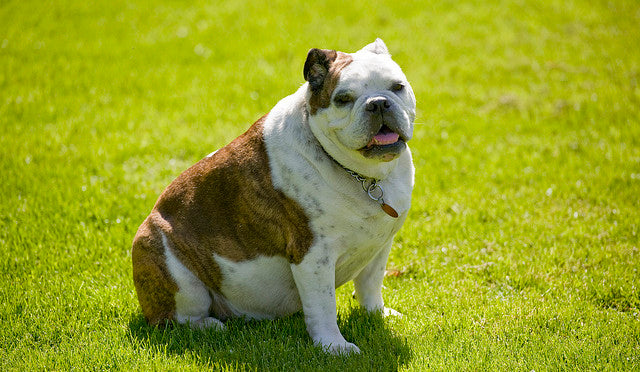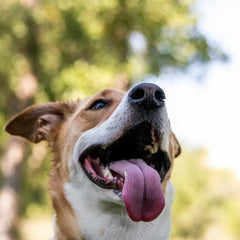The loyalty and companionship of dogs are unparalleled, and as responsible pet owners, it's our duty to ensure they lead healthy, active lives.
However, obesity in dogs is a growing concern that needs immediate attention. This guide aims to provide you with effective strategies to help your overweight dog lose weight and lead a healthier life.
The Obesity Epidemic
The prevalence of canine obesity mirrors the obesity epidemic in humans, making it a widespread health issue that is often overlooked.
Facts and Figures
- Approximately 56% of dogs in developed countries are overweight or obese.
- Canine obesity rates have increased by nearly 160% over the last decade.
Contributing Factors:
- Lack of exercise
- Overfeeding
- Genetic predisposition
Health Risks of Obesity
Obesity is not just an aesthetic issue; it poses serious health risks that can dramatically reduce your dog's quality of life.
Common Health Issues:
- Diabetes
- Heart Disease
- Joint and Mobility Problems
- Increased Risk of Cancer
- Shortened Lifespan
How to Tell if Your Dog is Overweight
Before embarking on a weight loss journey for your dog, it's important to confirm that they are indeed overweight.
Physical Signs:
- Loss of an "hourglass" shape when viewed from above
- Inability to feel ribs easily
- Fat deposits over the hips and base of the tail
Clinical Methods:
- Body Condition Score: A scale used by veterinarians to assess a dog's weight relative to its size.
- Vet Consultation: A comprehensive check-up can provide accurate measurements and tailored advice.
Weight Loss Strategies
Once you've confirmed that your dog is overweight, here are some effective weight loss strategies.
Diet Adjustments:
- Portion Control: Measure your dog's food carefully.
- Low-Calorie Food: Opt for dog food specifically designed for weight loss.
- Healthy Treats: Use vegetables or specially formulated low-cal treats.
Exercise:
- Regular Walks: Aim for at least 30 minutes a day.
- Interactive Games: Fetch, frisbee, and agility courses can keep your dog active.




